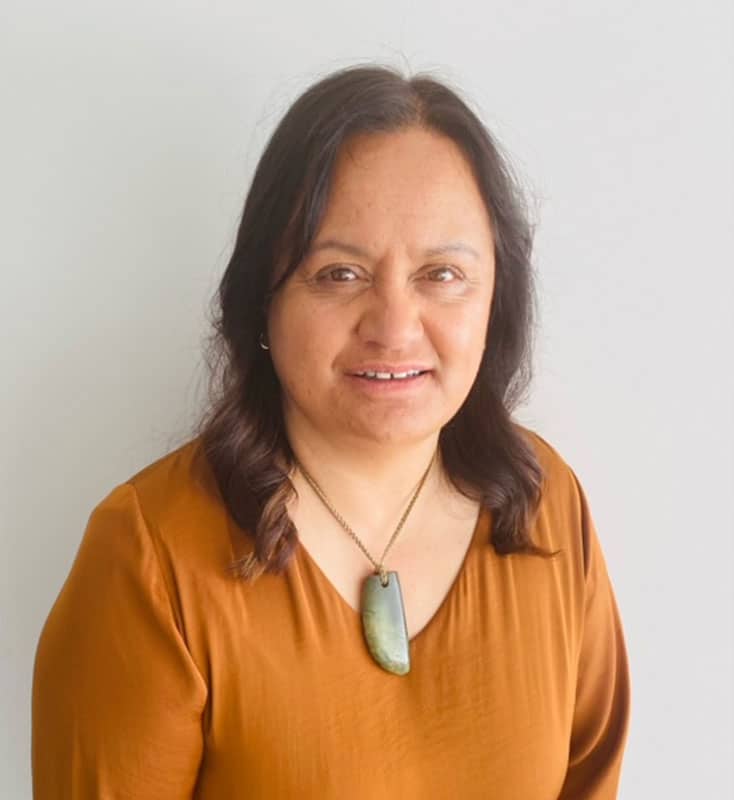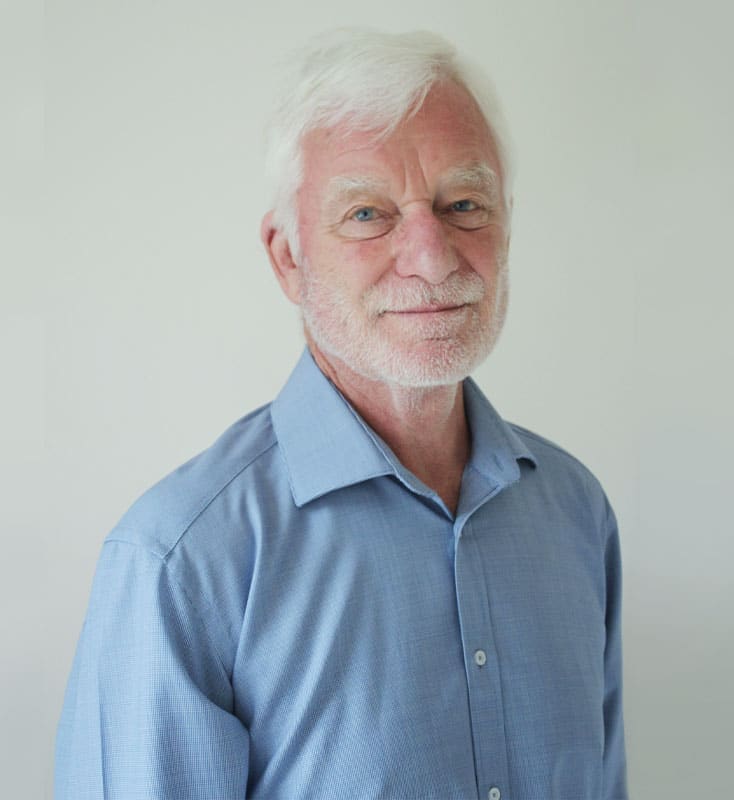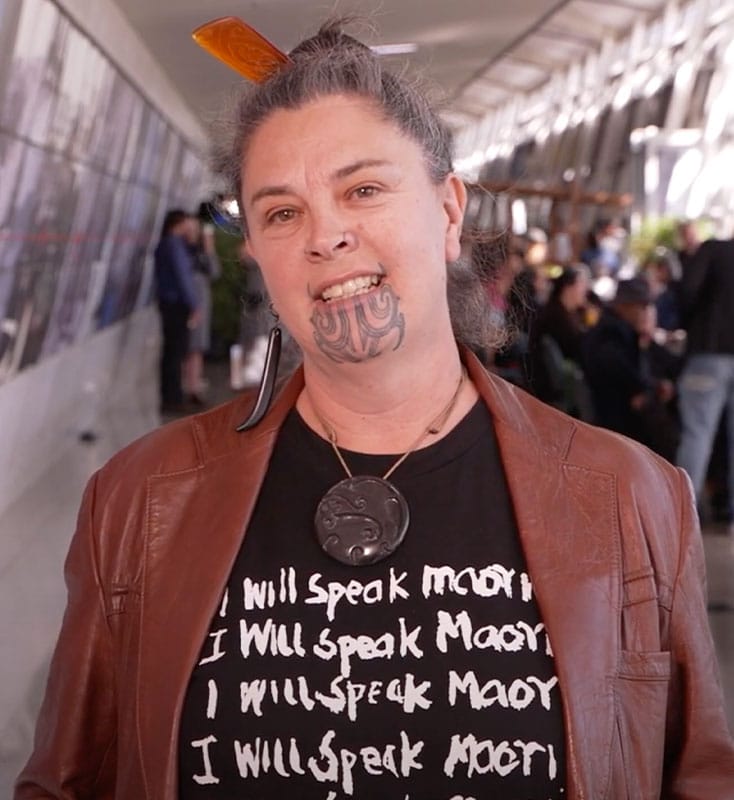Lee-Morgan, J. & Hoskins, R.
Homelessness Housing Need Housing Schemes
Parity, 30(8), 13-14
2017
Read Publication
This article discuss the Kaupapa Māori response of Te Puea Memorial Marae (TPMM) to the homelessness crisis in Auckland, New Zealand.
During the winter of 2016, TPMM opened its doors to provide emergency housing to vulnerable whānau, a move that disrupted the dominant narrative of the Auckland housing crisis. The authors highlight the historical role of marae in providing shelter and support, illustrating how TPMM’s actions reflect this tradition in an urban context. This initiative challenges the notion of urban marae simply as cultural hubs, showcasing their potential in addressing social issues like homelessness. Lee-Morgan and Hoskins argue that TPMM’s approach is deeply rooted in Kaupapa Māori, which encompasses principles like tino rangatiratanga and whānau. They emphasise that the marae’s response is not just about providing shelter but also about cultural and social support, underlining the importance of marae as kāinga rua (second homes) for urban Māori communities. The response of TPMM is presented as a decolonizing act, acknowledging the historical dislocation and landlessness of Māori people due to colonialism, which has led to intergenerational ramifications. The article also touches on the ability of marae to adapt and evolve their roles, from being centres for health and education to addressing homelessness, showcasing their potential as resilient solutions in the face of housing crises. The authors conclude by recognizing the significance of TPMM’s initiative in efficiently supporting whānau into long-term housing and advocating for the role of marae in providing culturally responsive, holistic support in times of crisis. This article not only highlights TPMM’s innovative response to homelessness but also sheds light on the broader potential of marae in urban settings to address complex social issues within a Kaupapa Māori framework.










